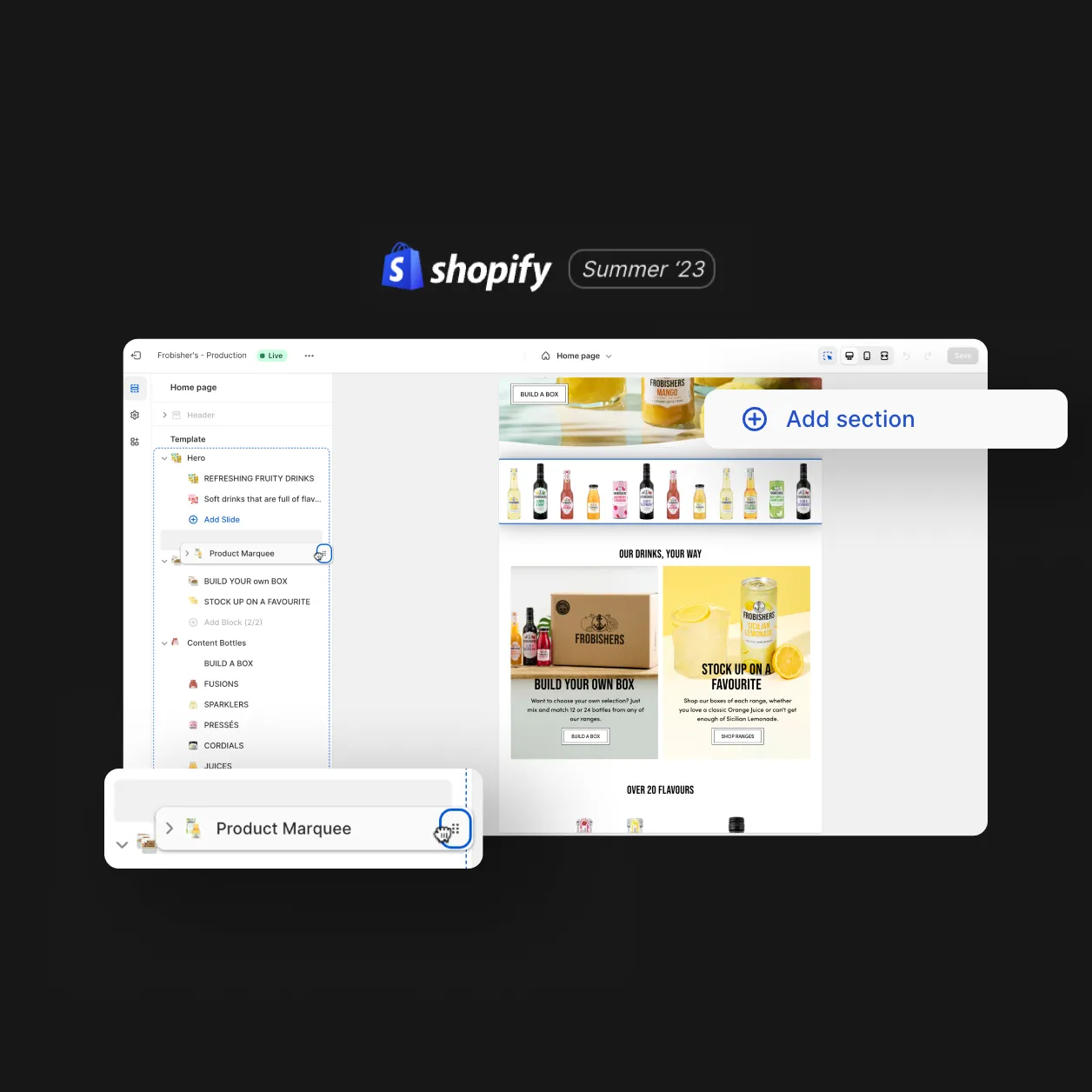
People will repeatedly make claims that they have the formula for success – in all industries from banking, motivational speaking and especially digital marketing. This week we’re not looking to reinvent the wheel but simply offer advice businesses can use to give their Adwords campaign every chance of success.
What is a successful Adwords campaign?
Before you (or your agency) go ahead with creating an Adwords campaign you need to ask yourself ‘what are we hoping to gain from this?’
It may sound like a simple question but without a legitimate reason such as awareness or online bookings, there is little point in investing money. Lastly, don’t assume PPC is a must-have because someone in your marketing department has said so. Sit down with your marketing team or digital agency to list your businesses’ key performance indicators.
Your Goals?
Make them obtainable and make sure you have the means and processes in place to track these goals before you start. Remember while a quality score is important for lowering your cost per click (CPC), it shouldn’t be the main focus for your website.
Adwords Checklist
Testing your campaigns.
With your KPI’s and goals now established you should test your ad copy in order to maximise your results. This involves all keywords that sit within a consumers potential purchasing funnel from consideration to purchase. You can only guess what might work best and it is impossible to predict how your campaigns will perform exactly, your ability to adapt your campaigns to perform more efficiently going forward will make the difference.
If your ads perform poorly you could also look at the landing pages you are using. Ask yourself is there a more relevant page on your site? Could my existing landing page be improved? If you do go down this route and change a page’s design don’t go and add a batch of new keywords simultaneously, you will not be able to tell which change has made an impact.
Duplicate keywords
If you are running multiple campaigns ensure you remove duplicate terms with the same targeting parameters. You may think that’s obvious but if you were to lower your bid for that term in campaign A, you might find several days later that Google has been serving the same duplicated keyword from campaign B – without your lowered bid. The result: wasteful spending.
Keywords with large spend
Individual keywords with large spending can send your heart sinking, especially if that term isn’t converting or even overly relevant. The quicker you remove these non-performers the quicker your results will improve.
Your target acquisition price
Know what your profit per item or at least a ballpark figure. There is little point in having a cost per acquisition of £20 when profit per item is £10. Unless your product is sold via a subscription and the lifetime value of your customers via PPC is larger than the acquisition outlay. Similarly, PPC might work effectively as an assisting conversion channel (works with other channels) to indirectly drive revenue.
Negative Keywords
Build a comprehensive negative keyword list; get other people to lend a second pair of eyes as you might have missed something obvious. Negative keywords prevent your ads from being served to an irrelevant audience. Negative terms can include words such as worst, bad, poor, etc. For example, a cosmetics brand will not want their ads appearing with phrases like ‘animal testing’. Using negative terms effectively will prevent you from appearing against searches they do not want to be associated with from both a brand and a financial point of view.
Ad group size
Don’t let your Ad Groups become too large, 30-40 keywords max. This will help you keep your ad copy relevant.
Adding Converting Queries
Knowing Adwords does not necessarily mean managing keywords but being able to manage search queries and developing your account as you understand what works. For example, using broad and phrase match keyword terms will enable you to find out what users are searching for before they purchase; take the queries that convert and add them to your account. This way you will control your adverts and the bid the next time someone searches for that term.
Remove underperforming ads
Ensure that you remove ads that are not performing well, don’t count on Google’s optimised ad rotation settings. If you want to have greater control over which ads are run you can update your ad rotation settings to ‘even rotation’. Personally, we would recommend using click-through rate or conversion rate as an indicator to judge performance.
Visitor browsing habits
Check the finer details and delve into your analytics data, when do you typically see traffic and bookings peak? Adjust your campaigns to increase your impression share during these peak times.
Visitor geolocation
Adwords performance will also differ depending on where your visitors are located. Look at where your conversions are coming from, then refine your bidding to reflect those more valuable locations.
Bid by device
You may find that your campaigns to desktop users are out-performing those to mobile (or visa-versa). Have you also considered the potentially different objectives between your desktop and mobile site?
Test Google’s remarketing options
Use Google’s Smart Lists remarketing function to serve ads to people who have previously visited your website. This works by serving them a message when they’ve left your website without having purchased, enabling you to reconnect through the serving of a different message to that of a typical Adwords campaign.
If you are interested in discussing your current Adwords activity or simply see whether or not you have the right strategy currently in place, drop us an email. We’ll be happy to help.
Design
Inspiring behaviour change through visual experiences. Our digital design services ensure instant clarity and visuals that cut-through in a cluttered market.




